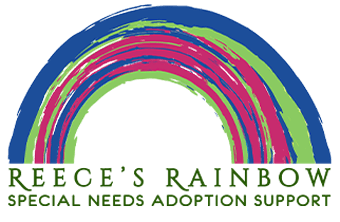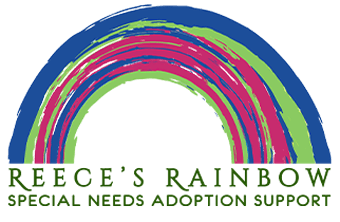A traumatic brain injury (TBI) refers to a brain injury caused by an external force, such as a forceful bump, blow, or jolt to the head or body, or an object penetrating the brain. Not all blows or jolts to the head result in TBI, but the impact can vary widely in severity, affecting cognitive, physical, and emotional functions. Severe cases may lead to permanent disability or even death, while milder instances might cause temporary challenges.
Some injuries are considered primary, meaning the damage is immediate. Others can be secondary, meaning they occur gradually over hours, days, or weeks after the initial trauma due to reactive processes like swelling or bleeding. Early intervention is crucial to mitigate these secondary effects.
There are two broad types of head injuries: Penetrating and non-penetrating.
Penetrating TBI (also known as open TBI) happens when an object pierces the skull (e.g., a bullet, shrapnel, bone fragment, etc.) and enters the brain tissue. Penetrating TBI typically damages only part of the brain, often requiring urgent surgical care.
Non-penetrating TBI (also known as closed head injury or blunt TBI) is caused by an external force strong enough to move the brain within the skull. Causes include falls, motor vehicle crashes, sports injuries, blast injury, or being struck by an object. This type can range from mild concussions to severe diffuse injuries, impacting the entire brain.
Some accidents or trauma can cause both penetrating and non-penetrating TBI in the same person, complicating recovery and necessitating comprehensive treatment.

Signs and symptoms of traumatic brain injury
Headache, dizziness, confusion, and fatigue tend to start immediately after an injury but resolve over time. Emotional symptoms such as frustration and irritability tend to develop during recovery. Additional signs to watch for include nausea, slurred speech, or loss of consciousness, which warrant immediate medical attention. Recovery can vary, with rehabilitation often playing a key role in restoring function.
Books on Traumatic Brain Injury
| Amanda’s Fall: A Story for Children About Traumatic Brain Injury by Kelly Bouldin Darmofal Published 2019, a children’s book about a girl’s concussion, helping parents explain TBI to kids and siblings. Falling Away from You: One Family’s Journey Through Traumatic Brain Injury by Nicole Vinson Bingaman |
Healing the Traumatized Brain: Recovering from Concussion and Other Brain Injuries by Sandeep Vaishnavi and Vani Rao Published 2024, a guide with strategies for recovery, tailored for families navigating pediatric TBI. The Children’s Head Injury: A Parent’s Guide by David A. Johnson |
Resources for Parents of Children with Traumatic Brain Injury
| BrainLine Offers parent-specific guides on TBI recovery, school reintegration, and coping strategies. National Institute of Neurological Disorders and Stroke (NINDS) Centers for Disease Control and Prevention (CDC) HealthyChildren.org (American Academy of Pediatrics) |
Brain Injury Association of America (BIAA) Provides support networks, educational materials, and advocacy for families of children with TBI. Children’s Hospital of Philadelphia (CHOP) KidsHealth by Nemours Family Caregiver Network |
Our children with Traumatic Brain Injury
* Listed children often have multiple diagnoses and attention should be given to the specific information in each child’s profile.
Tap or Click On Child’s Name to Learn More
Click on the page numbers above to see all the children





 Colombia is now open to heterosexual and same-sex couples. Singles may still apply as well.
Colombia is now open to heterosexual and same-sex couples. Singles may still apply as well. Heterosexual married couples, single women, and single men can adopt
Heterosexual married couples, single women, and single men can adopt







 Adoptions are done on a case by case approval basis
Adoptions are done on a case by case approval basis




